Nigel Farage, the polarizing leader of Reform UK and Member of Parliament for Clacton, has consistently stirred debate with his outspoken views on a range of social and political issues. Among these, his opposition to same-sex marriage, which he recently reiterated on an LBC radio program, has drawn significant attention. Labeling the legislation that legalized equal marriage in the UK as "wrong," Farage’s remarks have reignited discussions about his stance on LGBTQ+ rights, his political ideology, and the broader socio-political landscape in which these views are expressed. This article delves into Farage’s comments, situates them within his historical positions, and explores the cultural, historical, and political contexts surrounding same-sex marriage in the UK. By examining the evolution of marriage equality, Farage’s political career, and the societal shifts that have shaped modern Britain, we aim to provide a comprehensive understanding of this contentious issue.
The Context of Farage’s Remarks
On a recent LBC radio show hosted by Nick Ferrari, Nigel Farage fielded questions from listeners on various topics, including same-sex marriage. The legislation in question, the Marriage (Same Sex Couples) Act 2013, was a landmark piece of law that legalized same-sex marriage in England and Wales, with the first ceremonies taking place in 2014. Farage’s response was unequivocal: “It is a settled issue. I didn’t support it. I thought it was wrong to introduce it to the public without even putting it in a manifesto.” He went on to argue that the civil partnership framework, established under the Civil Partnership Act 2004, was sufficient, describing it as “working equitably and fairly.” Farage expressed surprise at former Prime Minister David Cameron’s decision to champion the legislation, suggesting it lacked proper public consultation.
Farage’s comments reflect a recurring theme in his political rhetoric: a resistance to rapid social change, particularly when he perceives it as being imposed without sufficient democratic mandate. His reference to the absence of same-sex marriage in a party manifesto highlights his belief that such significant societal shifts require explicit public endorsement. However, this stance overlooks the broader context of public opinion at the time. Polls conducted in the early 2010s, such as those by YouGov and Ipsos MORI, showed growing support for marriage equality, with over 60% of Britons in favor by 2013. The legislation, while controversial among certain groups, was not as divisive as Farage’s comments might suggest, reflecting a broader cultural shift toward acceptance of LGBTQ+ rights.
The Marriage (Same Sex Couples) Act 2013
The passage of the Marriage (Same Sex Couples) Act 2013 was a pivotal moment in British history. Introduced under the coalition government of the Conservative Party and Liberal Democrats, the bill was spearheaded by Prime Minister David Cameron and received royal assent on July 17, 2013. The law allowed same-sex couples to marry in civil ceremonies and, in some cases, religious ceremonies, provided the religious institution consented. Scotland followed with its own legislation in 2014, while Northern Ireland lagged until 2020, when same-sex marriage was legalized following intense advocacy and legal battles.
The act was not without opposition. Religious groups, including some factions within the Church of England, expressed concerns about potential conflicts between religious doctrine and legal obligations. Farage echoed these concerns in 2014, warning that the Church of England could face legal challenges in the European Court of Human Rights, which he claimed might force churches to conduct same-sex marriages against their will. This fear, however, has not materialized in the decade since the law’s passage. The legislation included explicit protections, known as the “quadruple lock,” to ensure that religious organizations and clergy could opt out of performing same-sex marriages without facing legal repercussions.
Farage’s critique of the legislation as lacking a manifesto commitment also warrants scrutiny. While the Conservative Party’s 2010 manifesto did not explicitly mention same-sex marriage, the coalition agreement with the Liberal Democrats included a commitment to explore the issue. Public consultations followed, and the bill underwent rigorous parliamentary debate, passing with significant majorities in both the House of Commons and the House of Lords. Farage’s claim that the public was blindsided by the legislation is thus debatable, as the process involved extensive discussion and public engagement.
Farage’s Historical Stance on Same-Sex Marriage
Farage’s recent comments are not an isolated outburst but part of a consistent pattern of skepticism toward marriage equality. In 2014, as leader of the UK Independence Party (UKIP), he voiced similar objections, tying his opposition to the UK’s membership in the European Union Melanoma. Farage argued that the European Court of Human Rights posed a threat to national sovereignty on issues like same-sex marriage, suggesting that exiting the EU would allow for a “sensible debate” on the matter. This argument framed his disapproval as a matter of principle—national autonomy—while sidestepping a direct condemnation of same-sex marriage itself.
However, Farage’s rhetoric has often veered into broader criticism of LGBTQ+ rights. In 2013, he defended UKIP members who expressed “old-fashioned” views about homosexuality, including those who called it “disgusting,” arguing that such opinions should not warrant expulsion from the party. This stance raised eyebrows, as it appeared to tolerate homophobic rhetoric under the guise of free speech. In 2019, Farage made controversial remarks about HIV-positive immigrants, claiming the UK was “incapable” of providing adequate medical care due to immigration levels—a statement widely criticized as misleading, given the NHS’s robust HIV treatment programs.
Farage’s Views on Thatcher and Section 28
One of Farage’s more striking claims is his assertion that Margaret Thatcher’s premiership marked a period of “real advancement for gay people in society.” This statement is perplexing when viewed against the backdrop of Section 28, a Thatcher-era law introduced in 1988 that prohibited local authorities from “promoting” homosexuality or teaching its acceptability in schools. Widely regarded as a homophobic policy, Section 28 stigmatized LGBTQ+ individuals and silenced discussions of sexual orientation in education, contributing to a climate of fear and discrimination.
When confronted with this contradiction, Farage attributed Section 28 to Thatcher’s fear of “very, very extreme left-wing elements within the teaching union.” This defense is historically dubious. Section 28 was driven by conservative moral panic over increasing visibility of gay rights, fueled by media campaigns and public debates about the AIDS crisis. The law was repealed in 2003 under Tony Blair’s Labour government, following years of activism by groups like Stonewall. Farage’s attempt to reframe Thatcher’s legacy as progressive on LGBTQ+ issues is a revisionist take that clashes with historical evidence, including Thatcher’s own public statements emphasizing traditional family values.
The Cultural and Historical Context of Same-Sex Marriage in the UK
To fully understand Farage’s position, it’s essential to explore the broader context of same-sex marriage and LGBTQ+ rights in the UK. The journey toward marriage equality was a long and arduous one, marked by significant milestones and setbacks.
The Road to Marriage Equality
The decriminalization of homosexuality in England and Wales in 1967, under the Sexual Offences Act, was a foundational step, but it did not immediately lead to social acceptance. The 1980s saw heightened stigma due to the AIDS crisis, which fueled homophobic narratives in the media and politics. Section 28, as mentioned, was a direct response to growing visibility of gay rights activism, reflecting a conservative backlash against social change.
The early 2000s marked a turning point. The Civil Partnership Act 2004, passed under Tony Blair’s Labour government, granted same-sex couples legal recognition akin to marriage, including rights to inheritance, tax benefits, and next-of-kin status. While celebrated as a major victory, civil partnerships were criticized by some activists for falling short of full equality, as they did not confer the symbolic and cultural weight of marriage.
The push for same-sex marriage gained momentum in the late 2000s, driven by changing public attitudes and international precedents. Countries like the Netherlands (2001), Canada (2005), and Sweden (2009) had already legalized same-sex marriage, putting pressure on the UK to follow suit. By 2013, public support for marriage equality was strong, and the Marriage (Same Sex Couples) Act passed with relatively little parliamentary resistance compared to earlier LGBTQ+ rights battles.
Cultural Significance of Marriage Equality
Marriage equality was more than a legal reform; it was a cultural milestone. For many LGBTQ+ individuals, the right to marry symbolized full societal acceptance, challenging centuries of marginalization. The iconic image of two grooms or two brides clasping hands, often adorned with wedding rings, became a powerful symbol of love and equality. The law also had practical implications, granting same-sex couples equal access to spousal benefits, adoption rights, and legal protections.
Farage’s preference for civil partnerships over marriage reflects a conservative mindset that prioritizes functional equivalence over symbolic equality. However, for many in the LGBTQ+ community, civil partnerships were seen as a “separate but equal” compromise, reminiscent of historical segregation policies. The push for marriage equality was about claiming the same language and institutions as heterosexual couples, dismantling the notion that same-sex relationships were inherently different or inferior.
Farage’s Political Ideology and Reform UK
Nigel Farage’s views on same-sex marriage are inseparable from his broader political ideology, which blends populist nationalism, free-market conservatism, and social traditionalism. As the leader of Reform UK, a far-right party polling strongly in recent years, Farage has positioned himself as a champion of “common-sense” policies that resist what he calls “divisive, ‘woke’ ideology.” Reform UK’s policy document, titled “Our Contract with You,” criticizes multiculturalism, immigration, and transgender rights, framing them as threats to British values.
The party’s stance on transgender issues is particularly strident, claiming that “transgender indoctrination is causing irreversible harm to children.” This rhetoric echoes Farage’s broader skepticism of progressive social policies, including same-sex marriage. By framing these issues as impositions by an out-of-touch elite, Farage appeals to a constituency that feels alienated by rapid social change. His opposition to same-sex marriage, while tempered by his acknowledgment that it is a “settled issue,” aligns with this narrative of resisting liberal reforms perceived as undemocratic or culturally disruptive.
Farage’s Appeal and Public Reaction
Farage’s comments have elicited varied reactions. Supporters view him as a defender of free speech and traditional values, unafraid to challenge the liberal consensus. Critics, however, accuse him of pandering to prejudice, pointing to his history of controversial statements on race, immigration, and LGBTQ+ issues. His remarks about same-sex marriage, while not as inflammatory as some of his past statements, have reignited accusations of homophobia, particularly in light of his defense of UKIP members’ “old-fashioned” views.
The broader public’s response to Farage’s stance reflects the polarized nature of British politics. While support for same-sex marriage remains high—recent polls indicate over 70% approval—there remains a vocal minority that shares Farage’s reservations. This group, often older and socially conservative, aligns with Reform UK’s broader platform, which emphasizes national sovereignty, immigration control, and resistance to progressive social policies.
The Broader Implications of Farage’s Stance
Farage’s opposition to same-sex marriage raises questions about the role of populist leaders in shaping public discourse. By framing his disapproval as a matter of democratic process rather than personal prejudice, Farage seeks to appeal to a broader audience while maintaining his conservative base. However, his history of inflammatory remarks undercuts this strategy, as critics point to a pattern of rhetoric that marginalizes minority groups.
The debate over same-sex marriage also reflects broader tensions in British society between tradition and progress, individual liberty and collective values. While the Marriage (Same Sex Couples) Act 2013 marked a triumph for equality, figures like Farage remind us that not all segments of society have embraced this change. His comments, while unlikely to reverse the legal status of same-sex marriage, contribute to an ongoing cultural conversation about the pace and direction of social reform.
The Global Perspective
The UK’s journey toward marriage equality is part of a global movement. As of 2025, over 30 countries have legalized same-sex marriage, including most of Western Europe, North America, and parts of Latin America and Asia. However, resistance persists in many regions, often tied to religious or cultural traditions. Farage’s invocation of the European Court of Human Rights in his 2014 comments reflects a broader euroskeptic narrative that pits national sovereignty against international human rights standards. This perspective resonates with similar movements in countries like Hungary and Poland, where populist leaders have resisted LGBTQ+ rights under the guise of protecting national identity.
Conversely, the global trend toward marriage equality has been driven by grassroots activism, legal challenges, and changing public attitudes. The UK’s experience, while unique in its parliamentary and cultural context, mirrors this broader shift. Farage’s opposition, rooted in a skepticism of rapid change and supranational influence, represents a countercurrent that continues to challenge the global march toward equality.
Conclusion
Nigel Farage’s labeling of the UK’s same-sex marriage legislation as “wrong” is a reflection of his broader political philosophy, which prioritizes tradition, national sovereignty, and a cautious approach to social change. While acknowledging that same-sex marriage is a “settled issue,” his disapproval underscores a persistent divide in British society between progressive and conservative visions of the future. By situating Farage’s remarks within the historical and cultural context of the Marriage (Same Sex Couples) Act 2013, we see a complex interplay of politics, culture, and public opinion.
The journey to marriage equality in the UK was marked by decades of struggle, from the decriminalization of homosexuality to the repeal of Section 28 and the establishment of civil partnerships. Farage’s preference for civil partnerships over marriage reflects a conservative resistance to the symbolic power of marriage equality, a stance that resonates with a minority but clashes with the majority view. His comments also highlight the ongoing influence of populist figures in shaping public discourse, even on issues that appear legally resolved.
As Britain continues to navigate its post-Brexit identity and the challenges of a rapidly changing world, Farage’s views serve as a reminder that social progress is neither linear nor universally embraced. The debate over same-sex marriage, while largely settled in law, remains a touchstone for broader questions about equality, democracy, and the role of tradition in a modern society.

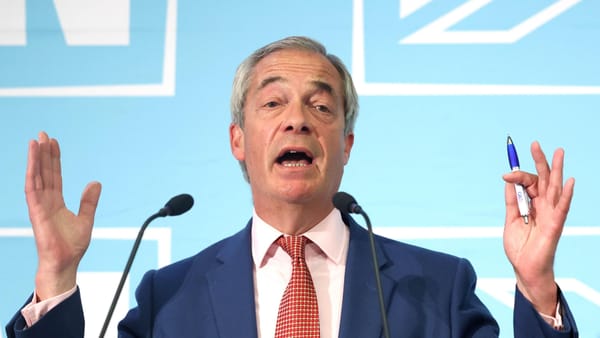

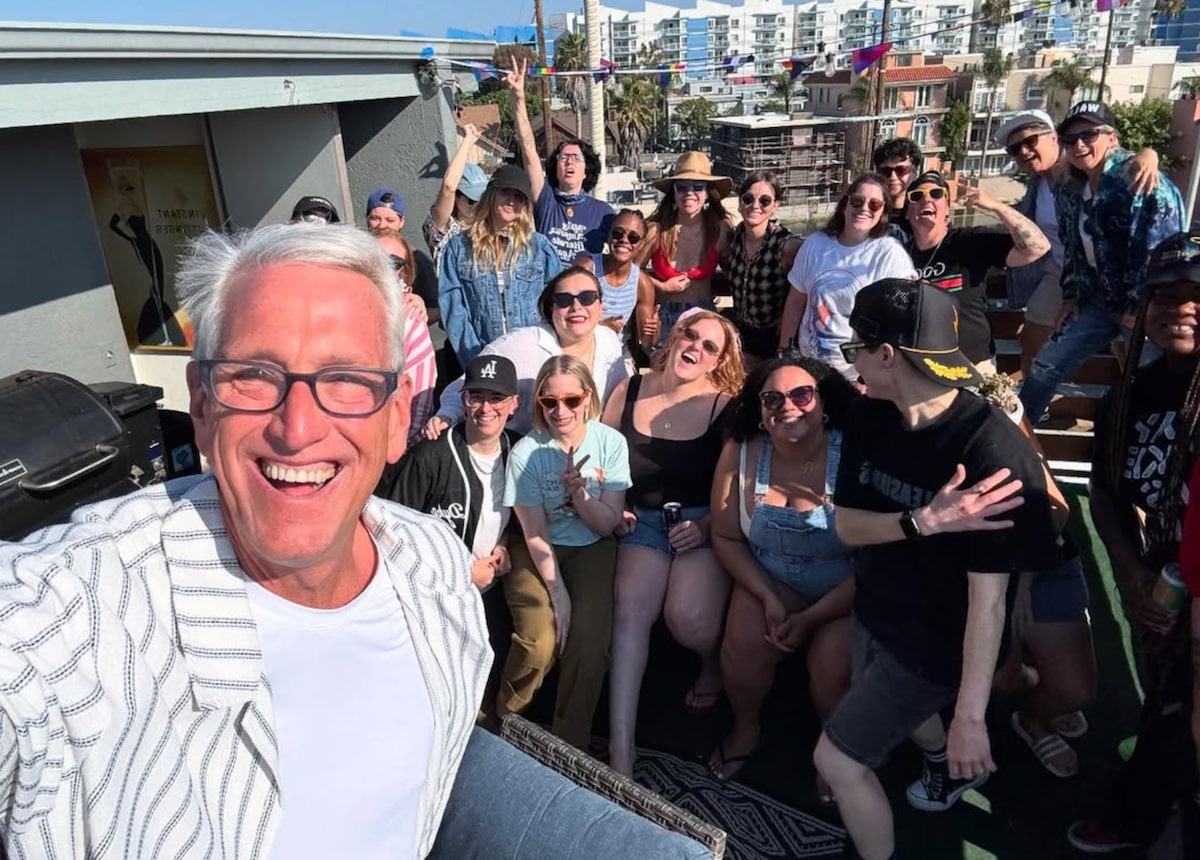





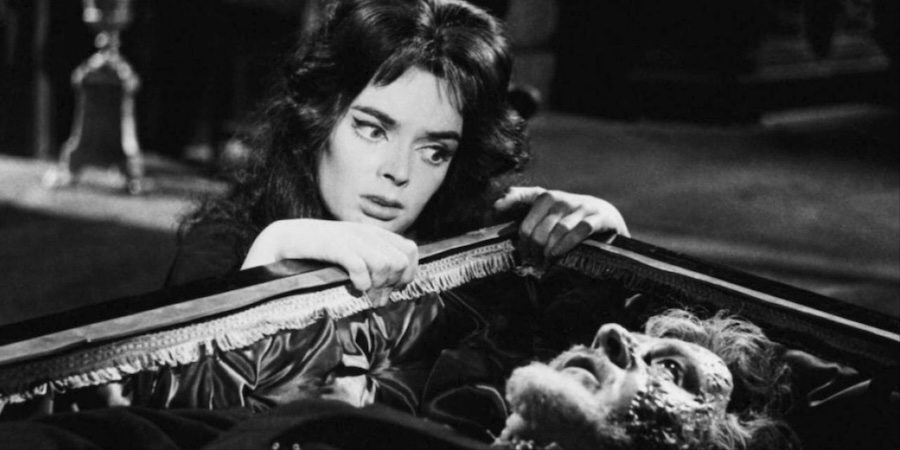

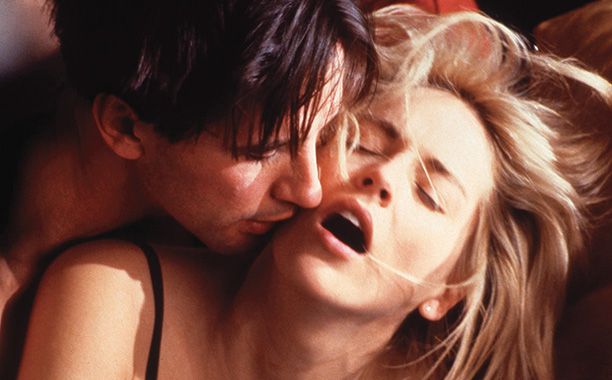

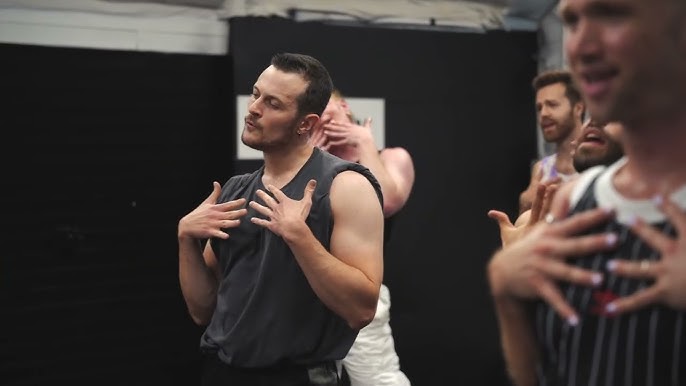
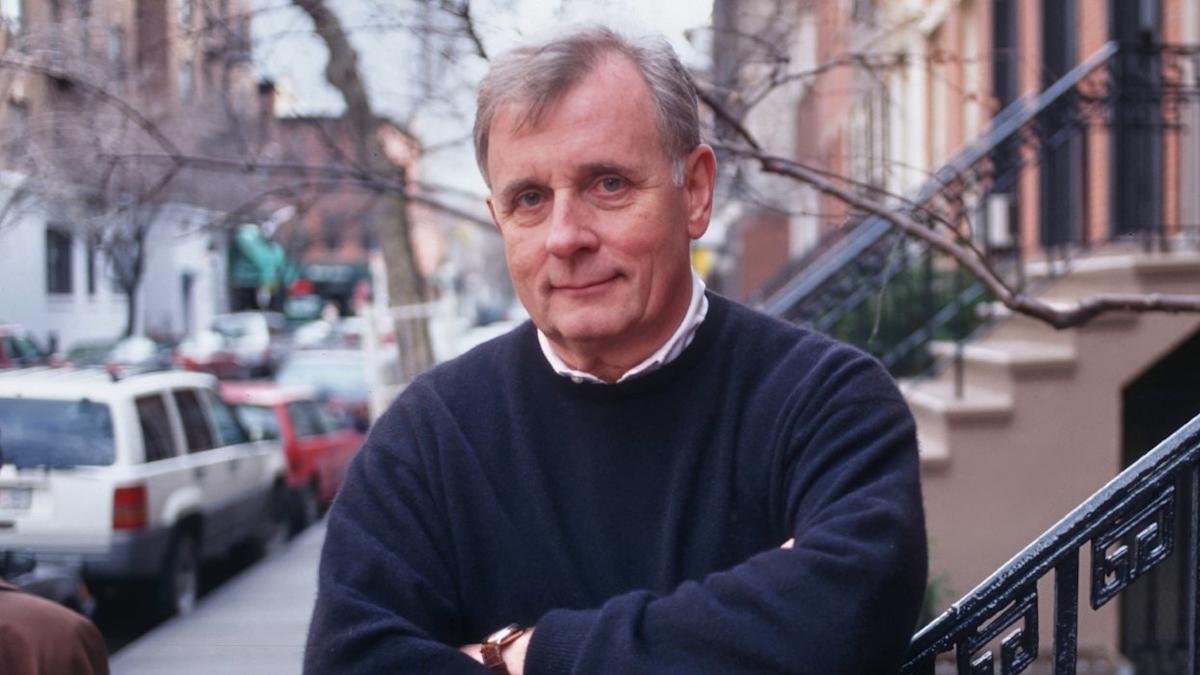
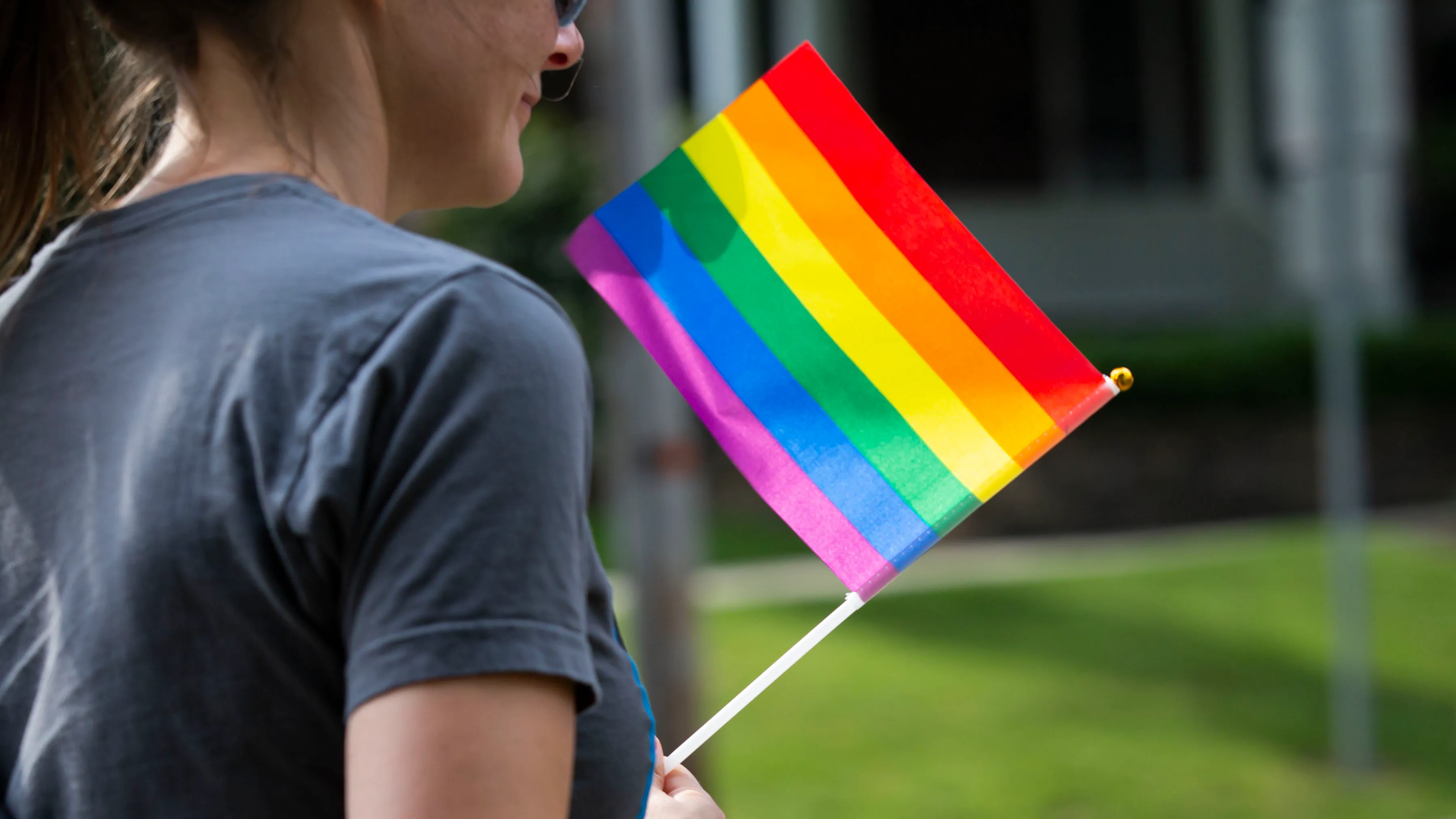
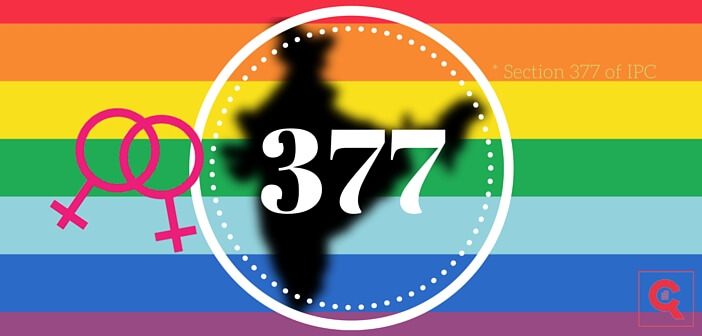
0 Comments